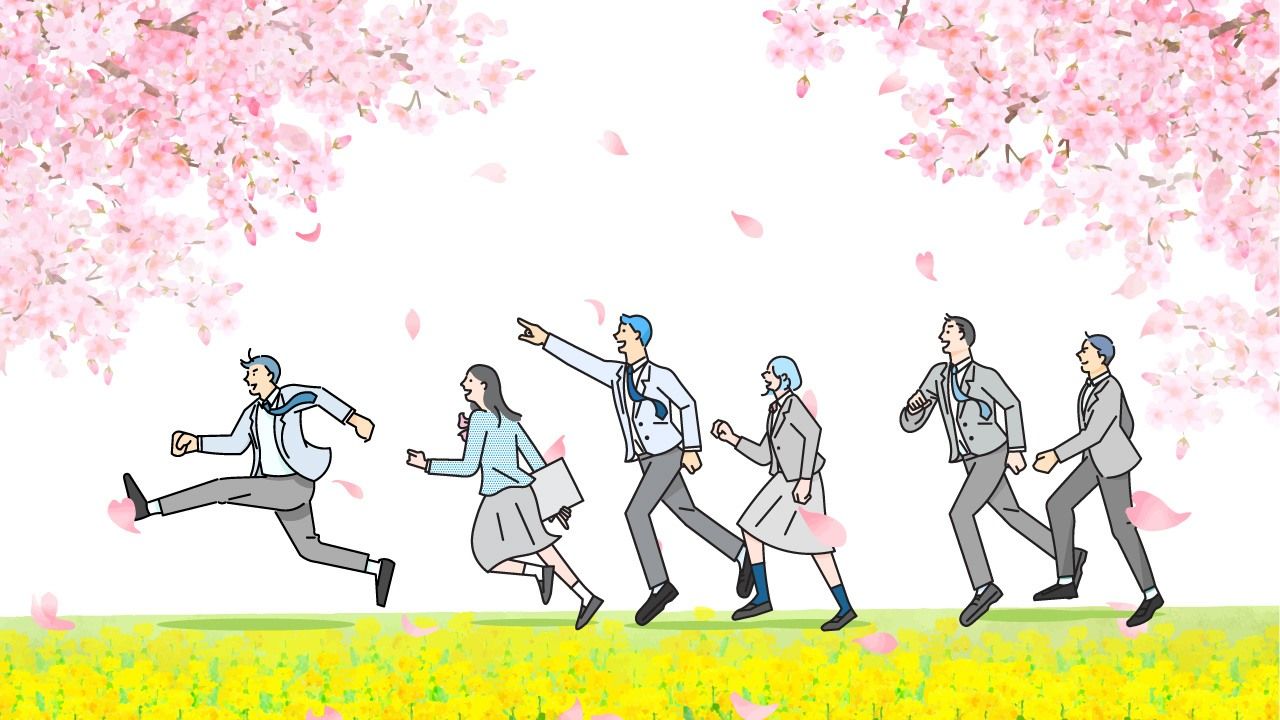
Money Moves: Changes Affecting People’s Lives in Japan from April 2025
Lifestyle Society Work Health- English
- 日本語
- 简体字
- 繁體字
- Français
- Español
- العربية
- Русский
The Japanese fiscal and academic years begin on April 1 each year. In fiscal 2025 residents of Japan can expect a variety of changes impacting their finances, as detailed below.
Increased Support for Working Parents
- If both parents take childcare leave for more than 14 days, they will receive allowances equivalent to 100% of their income, up from 80% of their income previously. The 100% payout lasts for a maximum of 28 days.
- Parents’ exemption from working overtime now lasts until their children enter elementary school, up from three years old previously.
- Working parents can now take childcare leave until their children complete the third grade of elementary school, rather than until they enter elementary school as previously. They can also newly take this leave for events like entrance ceremonies or when classes are canceled, requiring a parental presence at home.
Paternity Leave Publishing
The requirement for companies with 1,000 or more employees to disclose the rate of paternity leave uptake is expanded downward to include companies with at least 300 employees.
Abolition of High School Income Threshold
Financial assistance of up to ¥118,800 per annum is provided for all high school students, as the household income threshold of ¥9.1 million to receive this assistance is abolished.
Free Higher Education for Households with Three or More Children
Parents with three or more children who go on to higher education can annually receive up to ¥540,000 for tuition fees at national or public universities and up to ¥700,000 for fees at private universities. A previous income threshold of ¥6 million to be eligible for this assistance is abolished.
Price Rises for Food and Daily Items
A Teikoku Databank survey of 195 major food companies found price increases for 4,225 items in April, including especially alcoholic drinks, cooking oil, cheese, and ham. Major manufacturers of paper goods including tissues and toilet paper implement rises of around 10%.
Increased Power Prices
Japan’s 10 major power companies implement price rises of around ¥385 to ¥465 for a standard household for power usage in April, to be paid for in May. A government subsidy for electricity and gas came to an end in March. The renewable power surcharge rises by ¥0.49 to ¥3.98 per kilowatt-hour.
Rail Fares Rise
JR Hokkaidō and JR Kyūshū increase train fares by an average of 7.6% and 14.6%, respectively.
Pension Payments Up 1.9%
Public pension payments increase by 1.9% compared with fiscal 2024. While this is the third consecutive year of rises, they are not keeping up with inflation.
Shingles Vaccination Added to National Program
Shingles vaccinations have been added to the national vaccination program for people aged 65 and over. For the first five years, they will be available for people already aged 66 and over
One-Stop Customs and Immigration
Integrated kiosks introduced at airports aim to make customs and immigration procedures easier by catering for both. There are 69 kiosks for terminals 2 and 3 at Tokyo International Airport (Haneda), 10 for terminal 3 at Narita International Airport, and 109 for terminals 1 and 2 at Kansai International Airport.
End to Credit Card Signatures
The option to use signatures for credit card payments has been eliminated with knowledge of a PIN number required for all transactions. This does not affect contactless payments for smaller sums.
Imperial Household Agency on YouTube
The Imperial Household Agency has launched an official YouTube account to post videos connected with the emperor and imperial family, including press conferences. Comment sections are closed.
(Translated from Japanese. Banner image © Pixta.)
